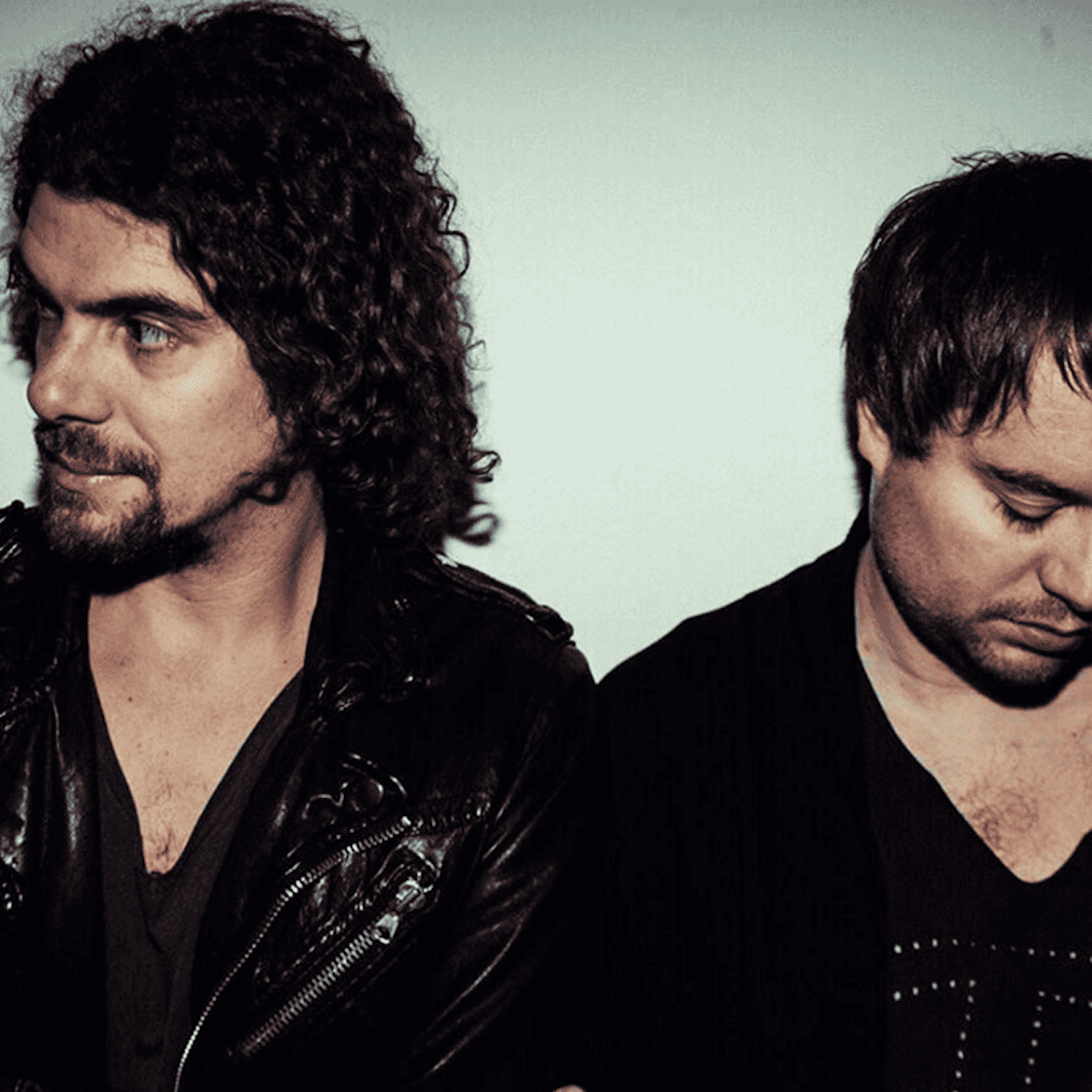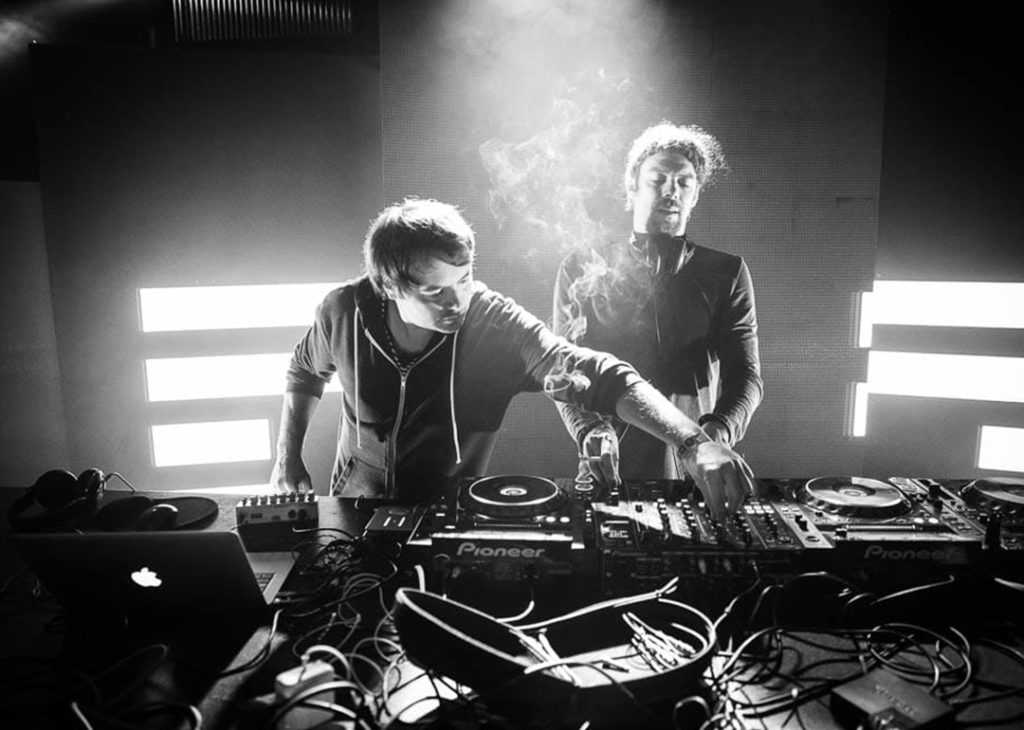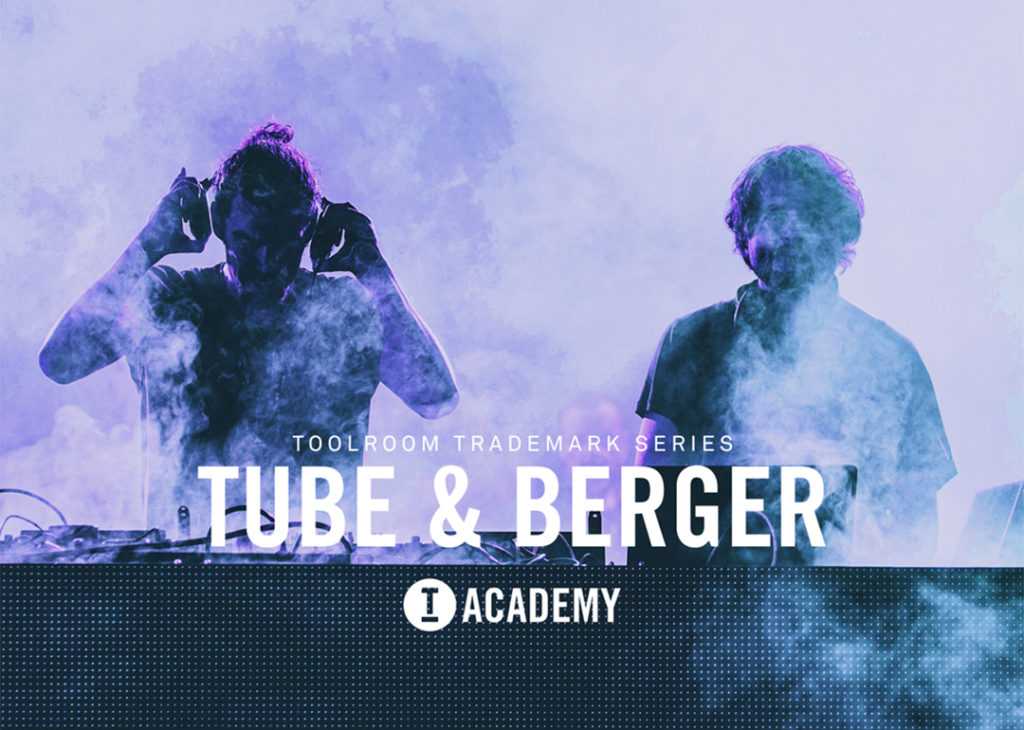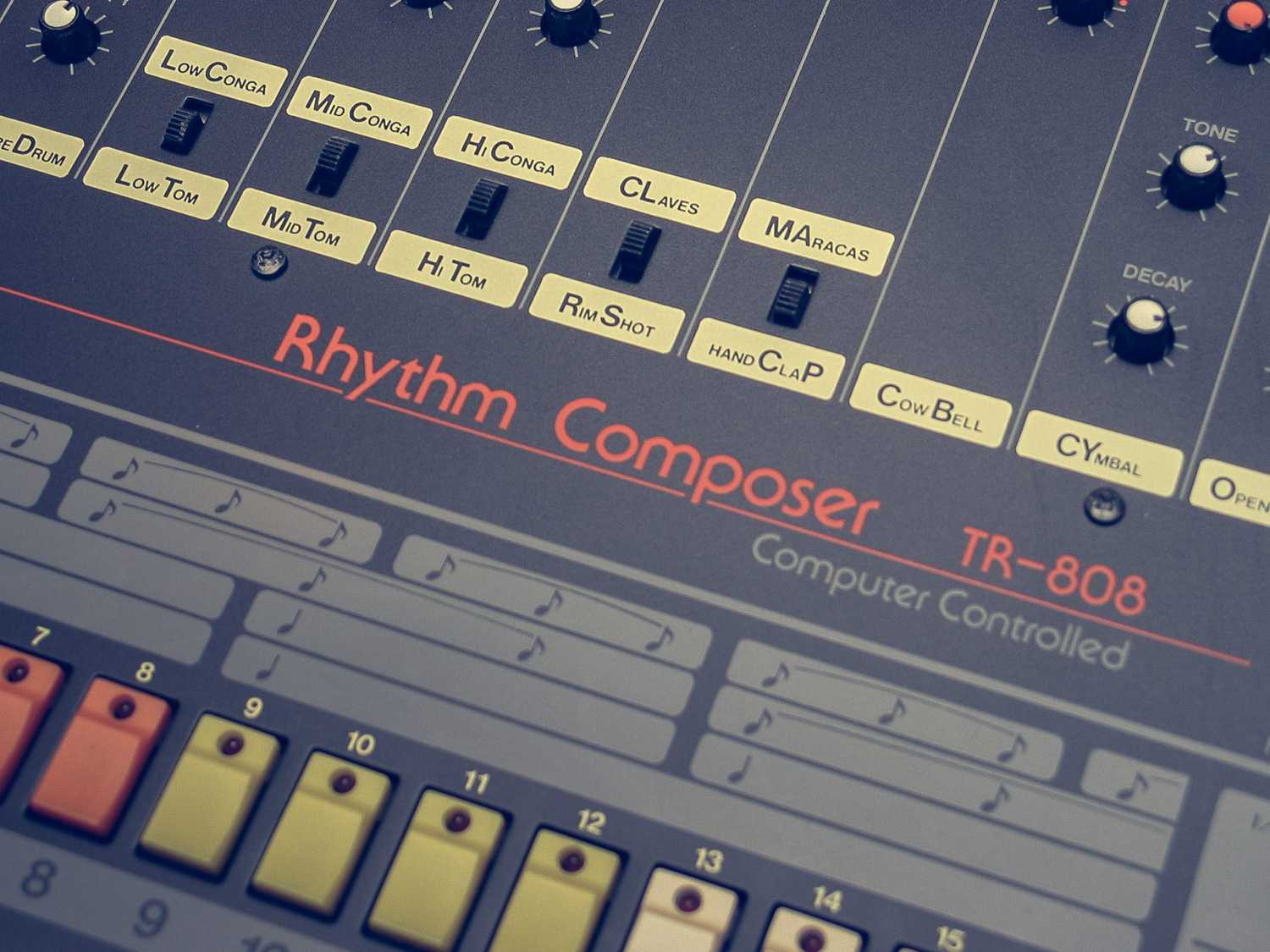has been added to your cart.

Q&A: Tube & Berger
Tube & Berger started their musical journey over a decade ago. We recently had a chance to catch up with them to talk about their past, present and future, as well as their brand new Toolroom Academy Sample Pack.
Tube & Berger started their musical journey over a decade ago. Since then, the house producers released two acclaimed studio albums, played gigs around the world and have over 60 million YouTube plays to their name.
We recently had a chance to catch up with them to talk about their past, present and future, as well as their brand new Toolroom Academy sample pack
Your fans have seen you through numerous different eras, styles, and genres. Tell us what the Tube & Berger sound means to you.
It’s important for us to include organic elements in our music. Adding some dust and some quirkiness. Beside sounding fat, hip and nice, a T&B tune needs something outstanding.
On that same note, is it true that the two of you started off as a punk band? Or was it more of an Indie Rock flavor? For those in our audience just becoming familiar with you, can you describe your early years as artists?
Well, we started as a punk rock band when we were teenagers, but moved on to electronic music, right after attending our first rave in the late 90s. Still, we never left the genre of rock completely.
Wow. So it’s clear your sound has morphed quite a bit over the years! From Rock, to Deep House, to the Tech-y flavors of today, it’s clear you’ve run the gambit in the world of music. Do you think it’s important to remain dynamic as an artist to shift with the times, or is it more following your own ever-changing tastes?
It’s a balancing act, to be frank. We generally produce what we feel like, but the “scene” can be a factor in the back of our heads, from time to time. At the end of the day, producing something that we don’t enjoy is not an option for us. So, if we feel like we need to make some tweaks to be more in tune with ourselves, so be it. Sometimes we’ll just sneak a new kind of tune into our sets to test out the waters.
You two have been known for incorporating live elements into your DJ sets. Do you think it’s important to stand out by doing something differently with your live act?
That’s definitely one big way to stand out and get a more intimate feeling with the audience going. It may take a painstakingly big amount of practice, depending on what you have in mind, but it feels great to pull of (and looks nice on video ????
When we’re asked about our favorite labels, your very own imprint, Kittball, always comes to mind. Tell us what it’s like to run a label?
The best thing about it is finding and cooperating with artists who share the same vibes. In times when we might not be in peak producing mood, we can still make sure to share music that way. But in Germany we have a saying that “life is no pony-farm” (not a walk in the park). Same here with a label. There’s many people and processes involved to keep it running on the day to day.
Juliet Sikora also is involved in running Kitball with you two. What is it like working with her, and how did the three of you first get linked up?
We have an interesting relationship with Juliet, as we’re teaming up with her on all fronts. On the one-hand she’s a long-time friend with who we love to make music with. On the other hand, she’s also a badass label executive. A devilish, yet irreplaceable mixture, you know.

It’s obvious that Mark Knight has taken a clear liking to your sound. Tell us about your history together. When did you first meet Mark?
Our love story is going on for quiet some time now. One of the first nights we’ve met was in Dubai and the party was supposed to be outside. It rained cats and dogs so we went inside and agreed to save our energies for another time. A few years later we played together in Bangkok and we all had too many drinks. Illyus & Barrientos were there too and we still have to laugh when thinking of this one night in Bangkok with the lads.
On that same note, what it been like being a part of the Toolroom family these past two years?
Thinking back there were tons of highlights! Songwriting sessions in London, wild nights in Amsterdam, a mad car ride through London with around 12 DJs in the Toolroom van. Mark is a legend of a driver btw. To put it in one sentece: straight up good vibes.
What DAW are you working in these days? Has your choice program changed over the years?
Depends on whether we’re in a life situation or in the lab producing. Generally, we use Ableton for our DJ sets and go with Cubase in the studio. Not much has changed in this sector for us, as these two remained highly reliable over the years.
Our Toolroom Academy students would love to know, what are you go to VSTs in the studio these days?
Avenger and Nexus are probably our favorite Vst Synth atm. We also like Arcade which is a a bit different in terms of handling. NI Kontakt and all it’s Instruments are cool too.
We frequently stress the importance of sound choice to our artists and students alike. Do you think it’s important to have a well-diversified sample library when creating a track, or just a few packs you always go back to?
We love to get inspired by new samples in the production process. That has been the root of quite some of our songs. Just try and keep it tidy and well sorted as the library grows into infinity. This way you can come back to your favorites and it will save you some good amounts of time later on.
Your latest sample pack, Toolroom Trademark Series – Tube & Berger, is proving to be quite a hit in the producer community. Can you tell us about your creative process, and how you’ve come up with some of sounds you’ve chosen to release with us?
Let’s put it that way: You could compare it with creating a Tube & Berger trailer score pack. We went from movie to movie / song to song without spoiling the story too hard and leaving some room for your own creativity.

For an absolute beginner, how do you actually go about creating a drum loop for other producers to use?
We basically went from the basics (drums, grooves) to the higher levels (bass, melody) piece by piece, thereby creating a new mini tune each time.
How do you choose what sounds you’ll use for your own records, and which ones you will put in a sample pack?
Who says we are doing it this way? 😉
Are you telling us that you actually use some of these same sounds in your tracks?
We had some funny moments in the process. From time to time we couldn’t help ourselves but elaborate on the samples. Let’s see what is to come.
Doesn’t that mean that other artists can “rip off” your sound, though?
“Rip off” is a very harsh way to put it. Some of the greatest hits of all time have been inspired and based on samples (no matter which genre). We’re using samples on the regular and are not planning to stop anytime soon. Pretty much everything in arts has its roots somewhere else. Isn’t that kind of beautiful even?
Do you use much analog hardware in the studio? If so, what are some of the synthesizers, drum machines, and other outboard gear you’ve used when throwing this pack together?
Our favorite piece of gear is definitely the Prophet 6. Somehow it finds it‘s way into almost every production and so it did when we made this sample pack.
So do you use a lot of sample packs in your own productions?
Absolutely. Ranging from vocals to drums to the sound of household items. Everything could be a great sample, if you use it the right way.
What would you say to producers who insist on “doing everything themselves?” Do you think it can be problematic trying to try to make each individual sound from scratch?
The main problem is, that you’d be growing a beard, so long that even Gandalf would be envious of you, before even finishing the first 16 bars of your track. Why not giving a great sample your own spin in a fraction of the time?
We agree. We discuss the importance of saving time with our Toolroom Academy students all of the time.
In the pack, you’ve not only included a collection of basses, drums, FX, & synth, but you’ve also included the MIDI for the samples themselves. Can you tell us why you’ve chosen to do that?
With the included MIDI-Files the melodies and basses are easily transferable to any sound of your choice.
If you could give yourselves any piece of advice when first starting off, what would it be?
Don’t overcomplicate. Every second spent overthinking is a second you haven’t spent on creating.
Want to get a look inside Siege’s production process? Check out their latest sample pack for Toolroom Academy.
Login
X
